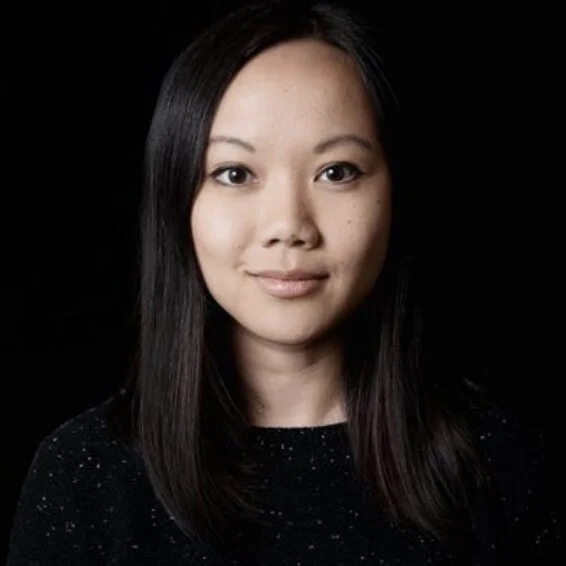Women, shame and the workplace: how vulnerability makes us better leaders
By Tracy Young
I am a female, minority, construction engineer turned startup founder and CEO. For over 30 years I believed any conversations about my gender were deeply unnecessary.
Then I became a mother and my opinion changed. Women have different lived experiences than men, and not acknowledging this would be a disservice to humanity.
When I was pregnant with my first child, I got a message from the CEO of a large competitor who wanted to acquire us. I was to give a presentation to their executive team. I remember feeling judged when these strangers I was negotiating with, looked at my stomach during the presentation.
Two months prior to giving birth, we received a disappointing M&A offer, so we declined. Inside the company it became obvious I needed to make a leadership change. Some of our board directors advised me to “wait until after maternity leave” to which I obliged.
Tracy Young
Although I understood their rationale, I felt trembling anger for not being supported.
I went into labor the same night of our user conference. The weeks leading up to our event, watching our whole company prepare for our new product unveiling, I wondered whether male CEOs would skip their conference for the birth of their child? Even though I was about to burst, I decided to support our team, deliver the keynote, and work the halls as host, which was a bad idea in hindsight. The moment I arrived home my water broke. I would hear my son’s first cry 32-hours later.
After the M&A deal fell through, I was determined to fundraise a war chest asap to fight back. However, being only 4 weeks postpartum, I was still bleeding from several tears from pushing out a baby. Even something as natural as peeing felt debilitating. But I decided to go back to work anyway.
To this day, I still ask myself why I rushed back to work when I wasn’t ready. And I think I was scared. Not because our business was in trouble. I was scared of what others might think of me as a new mother and CEO, so I pressured myself into proving that I was as dedicated to my company as ever.
“I was scared of what others might think of me as a new mother and CEO, so I pressured myself into proving that I was as dedicated to my company as ever.”
I would spend the next two months driving to VC’s offices to secure our war chest. Despite the full schedule, I needed to pump milk. But I never asked to use any investor’s Mother’s Room. On most travel days, I would pump milk in my car with a hand pump in front of someone’s nice home.
We ended up securing a fundraising term sheet as well as a revised M&A offer for over 10x multiple on revenue, so we decided to sell.
A few months after the acquisition, I became pregnant again. Shortly after I found out, I had a miscarriage. While with my team, I felt it slip out of me. I went to the bathroom and I knew exactly what it was. I didn’t know what to do so I walked back out to the group pretending as if nothing happened. The women's experience can be hard - I went through infertility, pregnancy, birth, miscarriage all the while trying to balance being a good leader, mother and partner.
The tech industry has a long way to go toward gender equality in the workplace. The first step is acknowledging that things need to change. When I look at leadership across companies, it looks predominantly male; which means our world is missing out on a lot of hardworking, self-identifying women who can improve it. In the midst of a health pandemic and too many crises, our women leaders are proving they are great at leading and getting things done.
I want to see a world where men and women, who make up equal halves of humanity, also make up equal halves of leadership. When that happens, I wholeheartedly believe that the entire world will benefit. We owe it to our sons and daughters to get there.
—
You can hear more from Tracy on this topic in her TED talk. Tracy co-founded PlanGrid, which makes construction productivity software, in 2011 with Ralph Gootee, Antoine Hersen, Kenny Stone and Ryan Sutton-Gee. PlanGrid grew from 5 co-founders to 450 people and helped build over 1m construction projects around the globe before it was acquired by Autodesk in 2018 for $875m. Prior to PlanGrid, Tracy helped build hospitals in the Bay Area.

